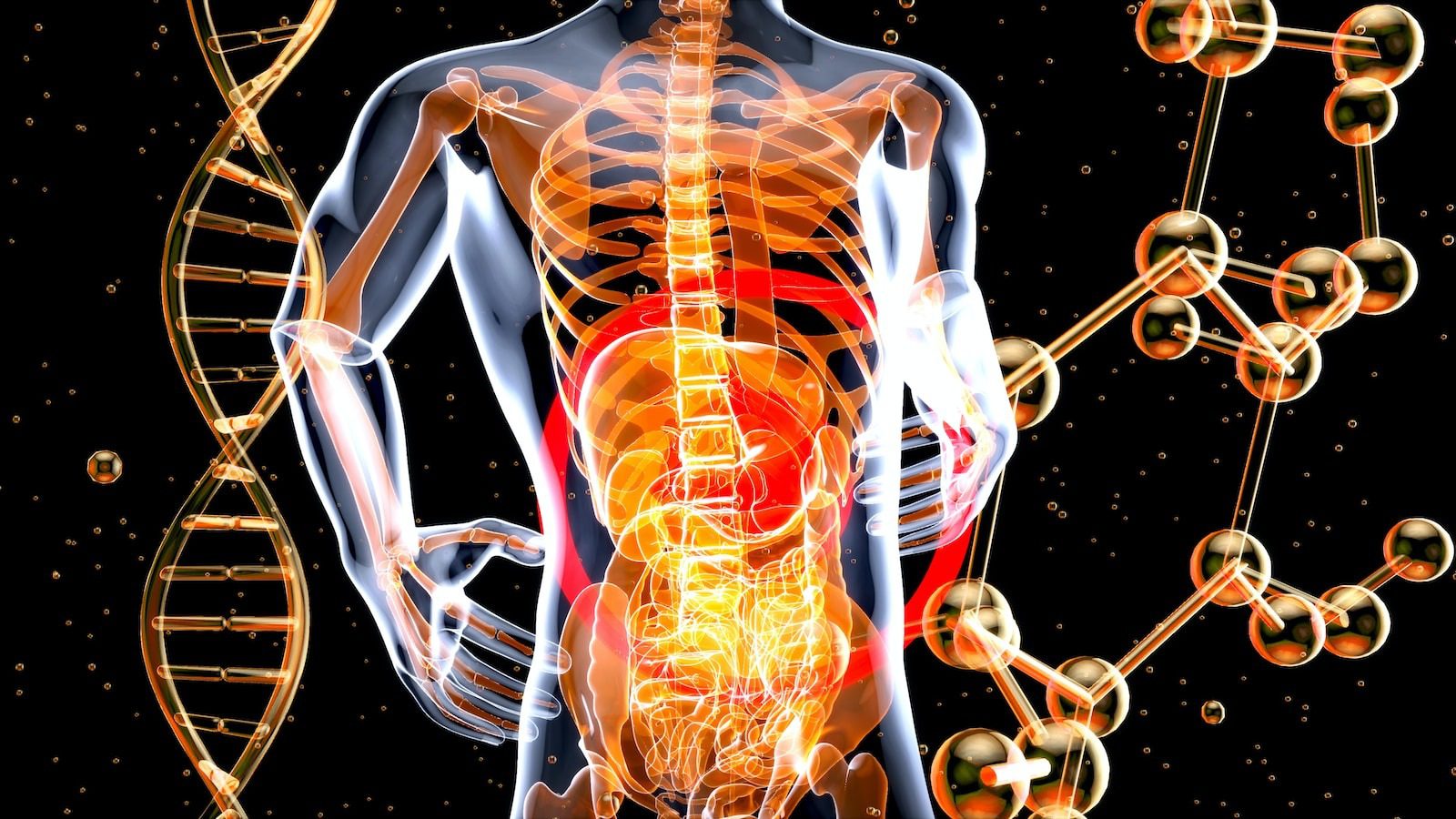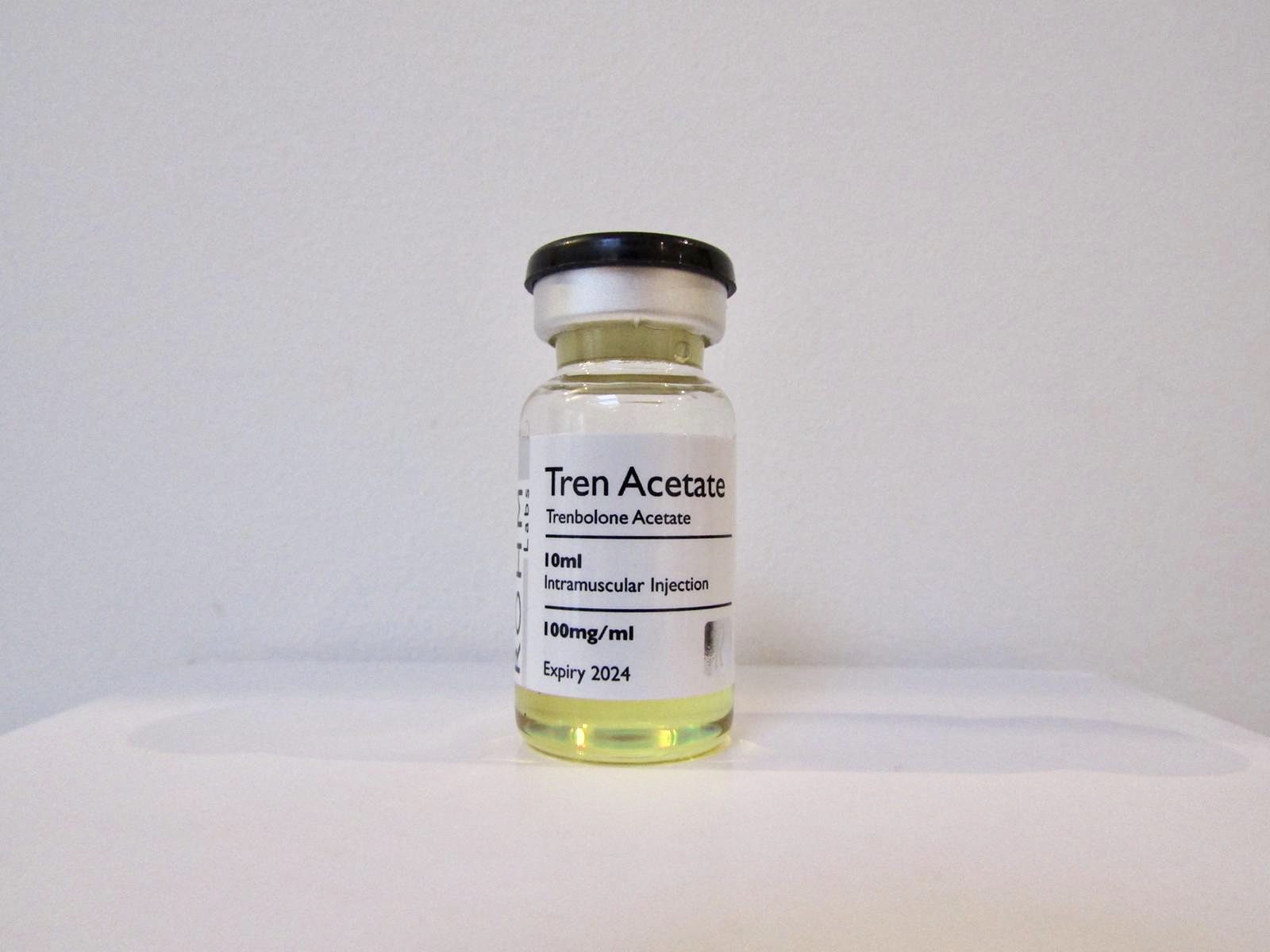
In the world of bodybuilding, Dianabol is one of the most popular anabolic steroids due to its incredible muscle-building effects. However, like most steroids, Dianabol comes with potential side effects, particularly affecting liver health. This article explores the impact of Dianabol on the liver and provides essential information to help individuals make informed decisions about their fitness journey.
The role of the liver in the body
Before delving into Dianabol’s impact on liver health, it is essential to understand the role of the liver in the body. The liver is a vital organ responsible for various functions, including metabolism, detoxification, and protein synthesis. It acts as a filter, removing toxins, breaking down drugs, and producing bile to aid digestion.
Dianabol and liver toxicity
Dianabol, also known as Methandrostenolone, is an oral anabolic steroid known for its potent anabolic effects. Unfortunately, Dianabol is also notorious for its hepatotoxicity, meaning it can cause liver damage. Hepatotoxicity is primarily due to the steroid’s chemical structure, which includes a methyl group at the 17th carbon position, making it difficult for the liver to break down.
Impact of Dianabol on liver enzymes levels
Several studies have shown that Dianabol use can significantly elevate liver enzyme levels. Liver enzymes, such as alanine transaminase (ALT) and aspartate transaminase (AST), are indicative of liver damage or stress. When liver cells are damaged, they release these enzymes into the bloodstream, causing elevated levels. Monitoring liver enzyme levels is crucial when using Dianabol to detect potential liver damage early on.
Reducing liver stress when using Dianabol
While Dianabol is associated with liver toxicity, there are steps individuals can take to reduce liver stress and promote liver health during Dianabol use. Here are some important strategies to consider:
1. Limit Dianabol dosage and duration
Using Dianabol at higher dosages and for longer durations increase the risk of liver damage. It is important to follow recommended dosage guidelines and avoid extended cycles. Shorter cycles with lower dosages can help minimize liver stress.
2. Avoid combining Dianabol with other hepatotoxic substances
Combining Dianabol with other substances known to be hepatotoxic, such as certain medications or excessive alcohol consumption, can exacerbate liver damage. It is crucial to avoid additional stressors on the liver while using Dianabol.
3. Implement liver support supplements
Certain supplements can aid in protecting and supporting liver health. Milk thistle, N-acetylcysteine (NAC), and alpha-lipoic acid are examples of supplements that have shown potential in promoting liver health. However, it is important to consult with a healthcare professional before adding any supplements to your regimen.
4. Prioritize a healthy lifestyle
Maintaining overall liver health goes beyond Dianabol use. Adopting a healthy lifestyle that includes a balanced diet, regular exercise, adequate hydration, and sufficient rest can help support liver function and minimize stress on the organ.
5. Regular liver function tests
Regular liver function tests are crucial for monitoring liver health during Dianabol use. These tests measure liver enzyme levels and can help detect any abnormalities early on. Consulting with a healthcare professional and performing periodic liver function tests can allow for timely intervention if any liver issues arise.
Conclusion
While Dianabol use is associated with liver toxicity, implementing preventive measures and closely monitoring liver health can help minimize the risk. It is essential to prioritize overall liver health, adopt a responsible approach to Dianabol use, and consult with healthcare professionals when incorporating such substances into fitness routines. Being proactive and taking necessary precautions can ensure a safer fitness journey.




